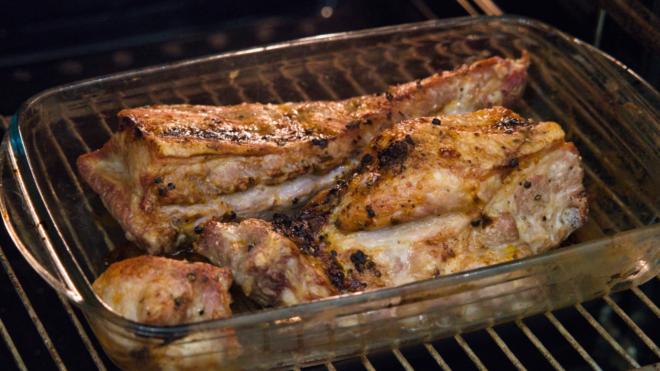If you or someone you know is over 50, you've probably heard all about the dangers of osteoporosis, and how it's essential to get enough calcium in your system.
And while a lot of the information you hear about osteoporosis is true, a lot of it has been muddled as it gets passed along, like a huge game of "Telephone."
Myths about health are incredibly pervasive, and even the ones that have been scientifically proven to be nothing but myths still have a strong hold on our imaginations — and take forever to die.
That's why it's important to weed out what's true and what's not in everything from osteoporosis to crossing your legs and cracking your knuckles so you can make the appropriate changes to your lifestyle and stay happy, healthy, and full of energy!
Check out some of the myths and facts about osteoporosis below and see what you knew, and what you might have heard wrong.
Like many myths, most of them are rooted in truth, but need some clarification. And we've also included some great tips for keeping your bones healthy and strong!
What Is Osteoporosis?
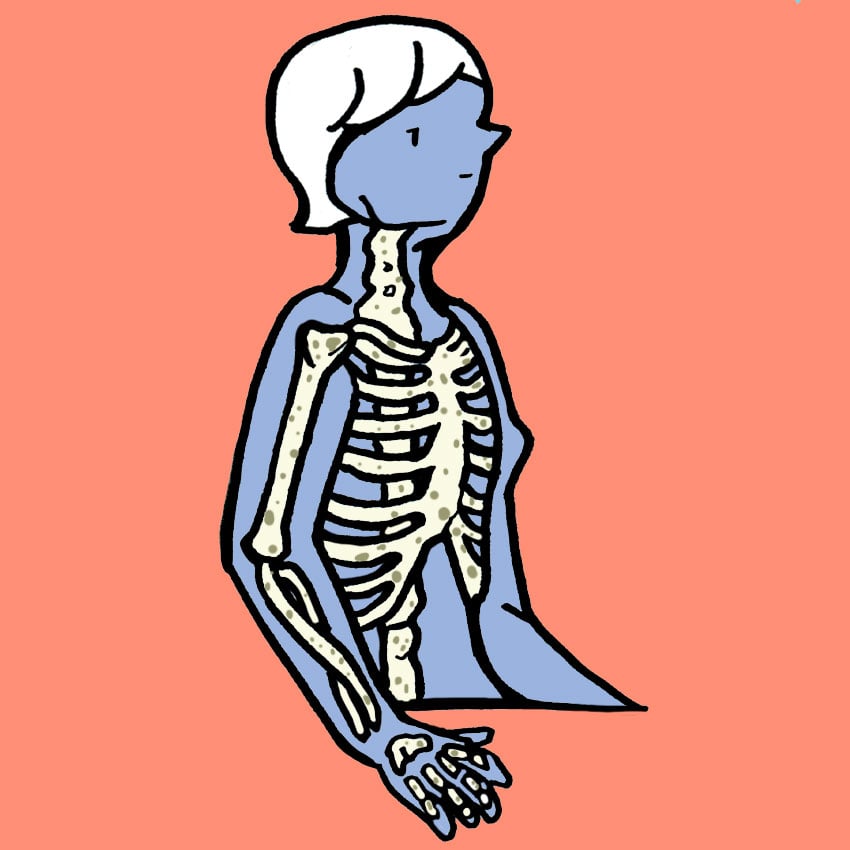
Osteoporosis is a condition that causes the bones to become weak, brittle, and porous. It affects millions of people, most of them over the age of 50.
But despite being so common, there's a lot of misinformation regarding this disease, which can lead to people not getting tested when they should, and missing out on opportunities to prevent the condition later in life.
So what's true and what's not? Read on to find out!
The Myths About Osteoporosis Myth #1: Osteoporosis Is Just Part Of Aging
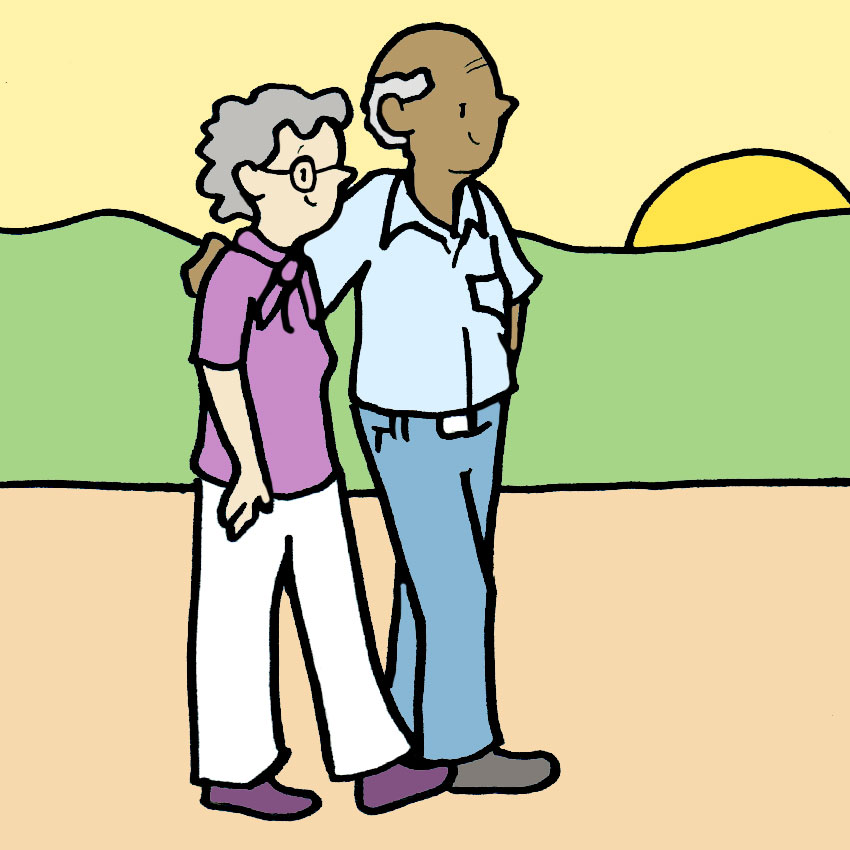
Osteoporosis and decreased bone density are more common in older folks, but it's not something you have to resign yourself to.
Plenty of people over 50 enjoy healthy bones thanks to taking measures to keep them that way!
The most important of those measures? Calcium, vitamin D, and exercise.
Myth #2: Only Women Get Osteoporosis
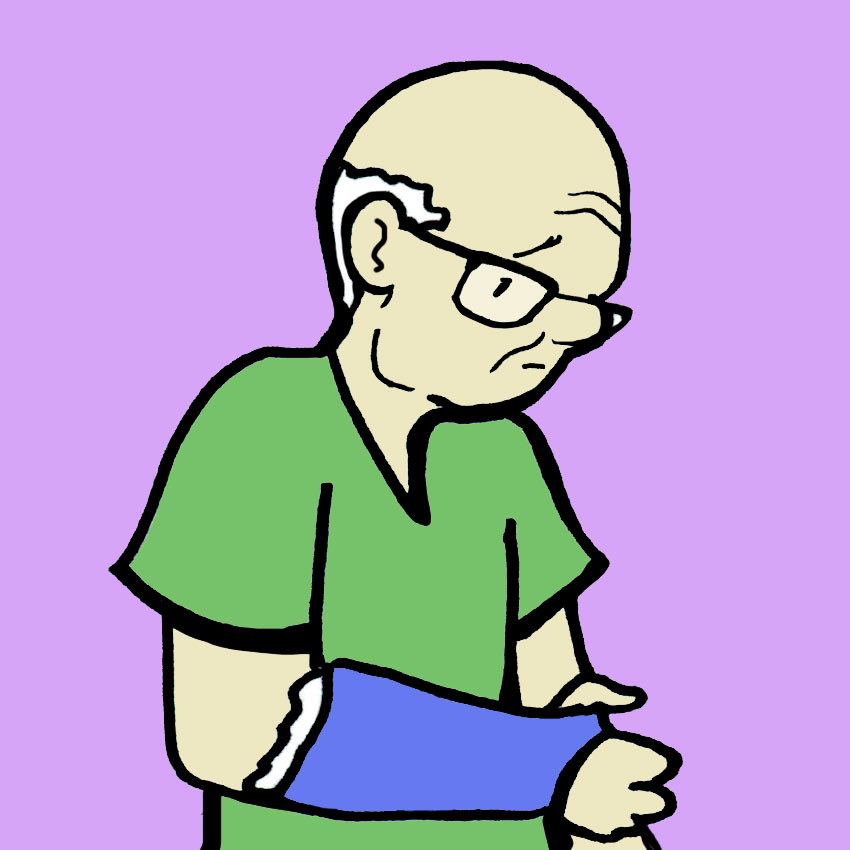
Women are more likely to be diagnosed with osteoporosis than men, but that doesn't mean men are immune!
In fact, one in five American men over 50 will develop osteoporosis each year, while it will affect one in three women.
That means that if you're a man, your chances of getting osteoporosis might be less, but they're still very real.
Myth #3: Young People Don't Have To Worry About Osteoporosis
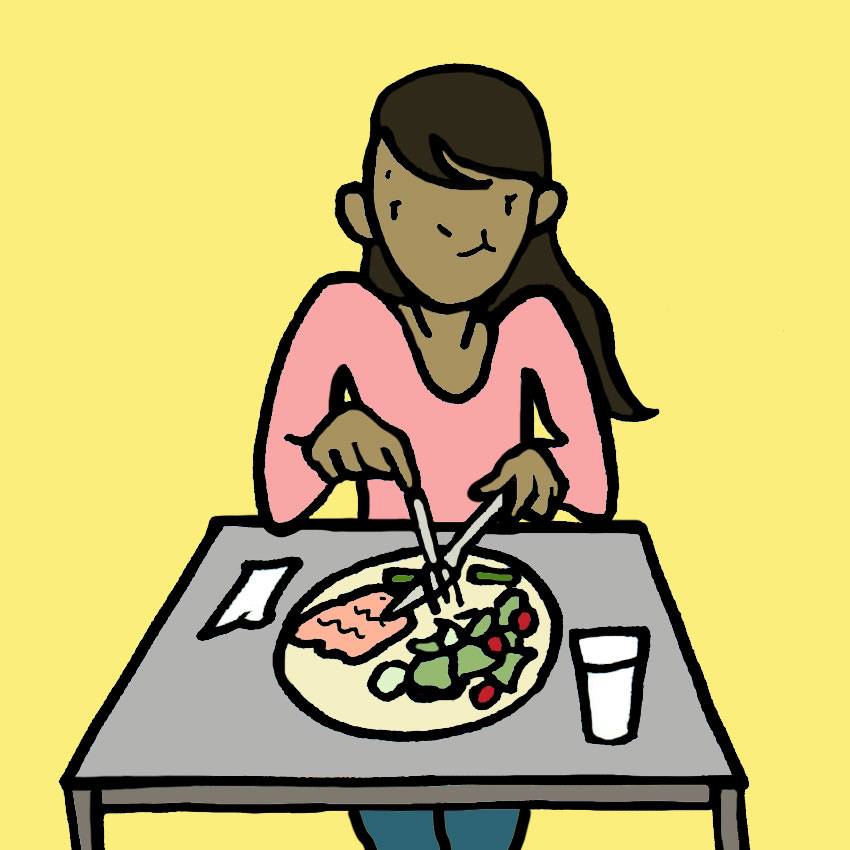
We associate osteoporosis with people over 50 because that's when it most commonly manifests.
But you have bones your whole life, and that means you should take care of them well before 50!
It's never to early to build bone density and be aware of the health of your bones, and that means developing a healthy diet, getting enough exercise, and making sure you get your calcium.
Myth #4: Osteoporosis Just Means You'll Break A Few Bones
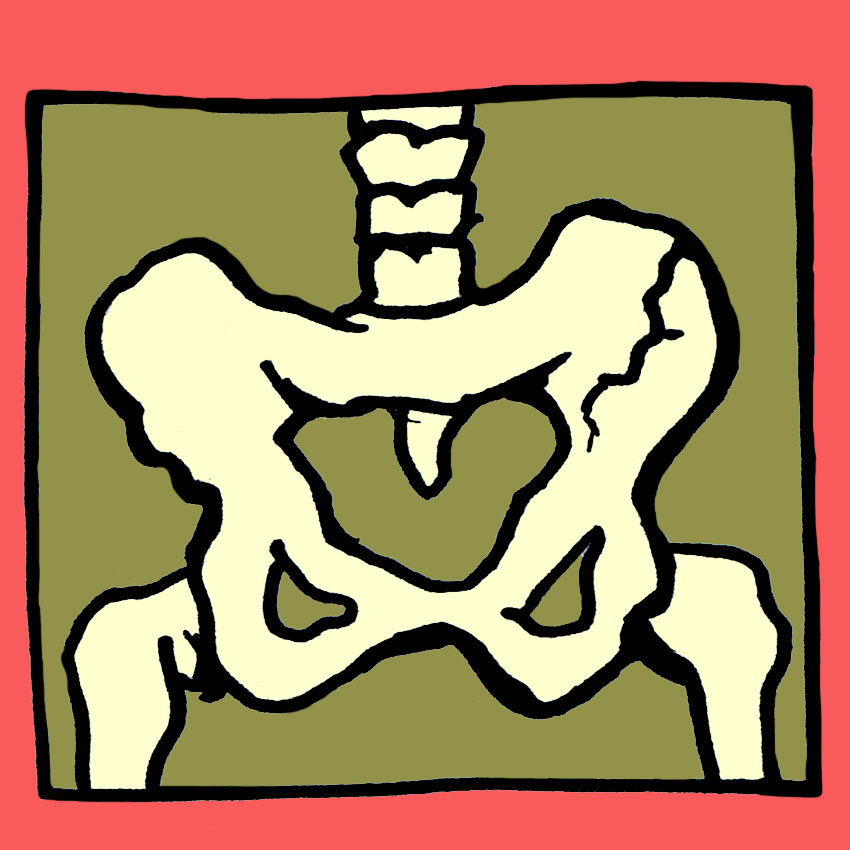
Broken and fractured bones are the most common result of osteoporosis, but those can have serious, even fatal, side effects.
Osteoporosis is responsible for most hip replacements and fractures in people over 50, and hip replacement surgery comes with serious risks, including heart issues.
Myth #5: You'll Only Break A Bone If You Fall
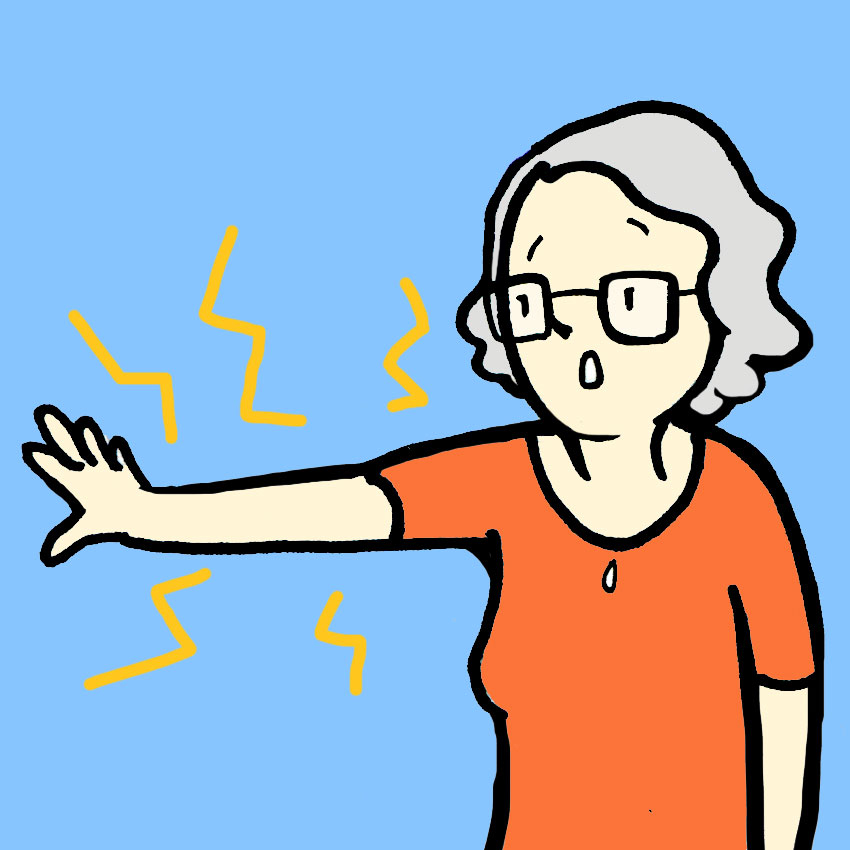
If bones are weak enough, you don't need to fall to fracture them.
Even the slightest increase in pressure can cause a weak and brittle bone to break. A fracture in the foot, for example, can happen just from taking a step.
That means that preventing weakened bones is a must, because no amount of care will help if it gets bad enough!
The Remedies of Osteoporosis Remedy #1: Exercise To Build Up Bone Density
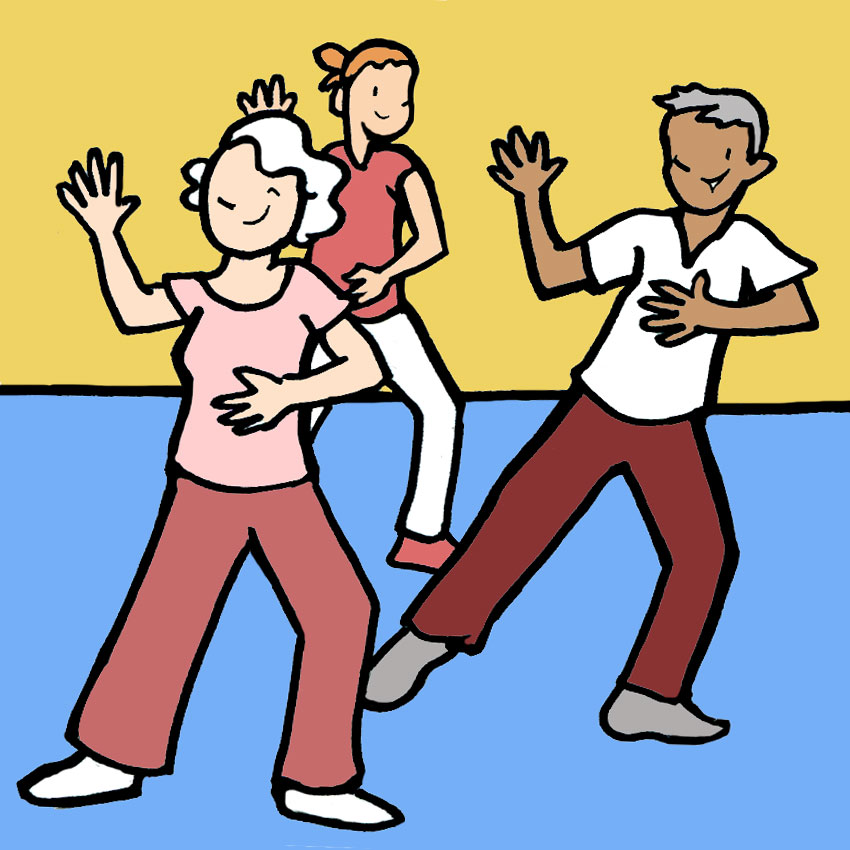
Exercise is a great way to keep bones healthy and at a good density level.
Weight-bearing exercises that put stress on the bones, like running, walking, dancing, tennis, and weight lifting are all excellent for reducing bone loss.
To get the best results, engage in any of these activities for 30 to 45 minutes three times a week.
Remedy #2: Get Vitamin D And Calcium
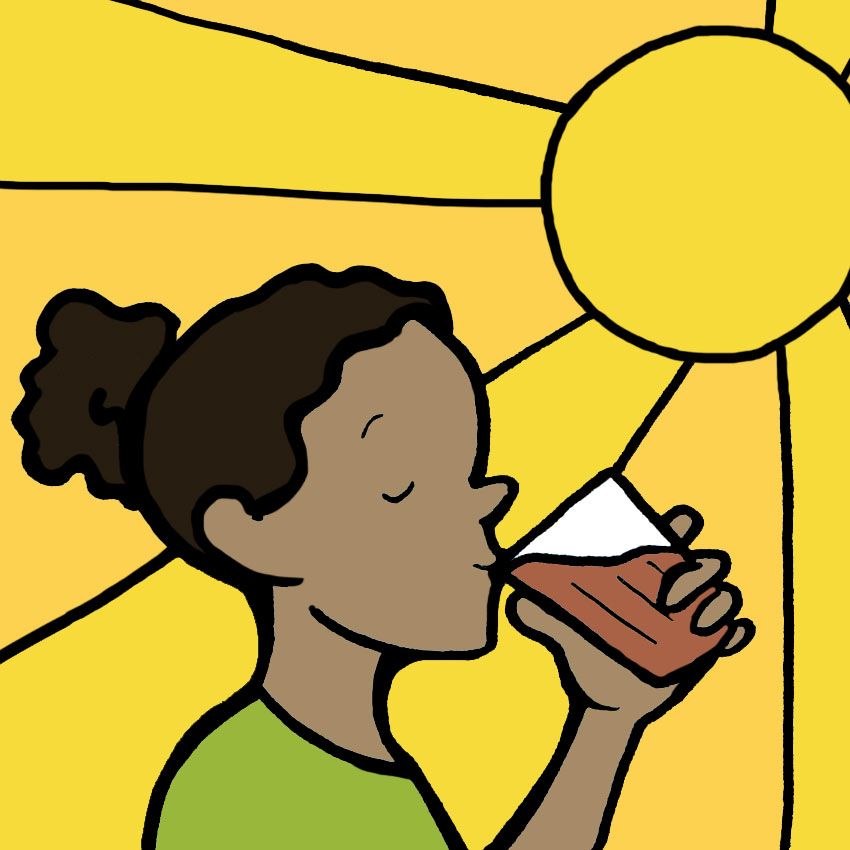
Getting enough calcium is key for bone health.
Remember being told to drink your milk to grow up strong? Well, that holds true for adults, too.
Of course, there are other ways to get calcium than milk, including broccoli, cauliflower, salmon, tofu, and leafy green vegetables.
If you're under 50, you should get 1,000 mg per day. If you're over 50, up that to 1,200 mg.
Vitamin D is also key, and can come either from vitamin supplements, or from a short walk in the sun! And that counts as exercise, too!
Remedy #3: Boost Your Meals
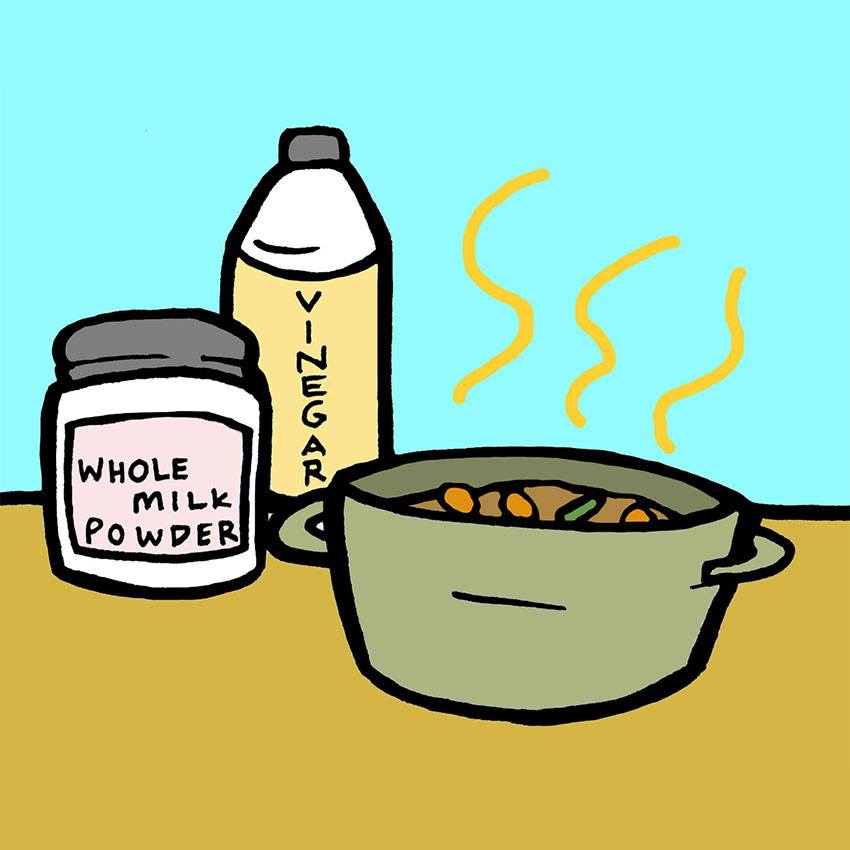
Getting more calcium can actually be super easy. Adding nonfat dry milk to stews, shakes, and other meals will give you an extra dose of calcium, about 20 mg per teaspoon.
Another great way to boost your calcium levels is to add a spoonful or two of vinegar to soup stock made from bones.
The vinegar will draw out the calcium from the bones and let you absorb it into yours!
Remedy #4: Talk To Your Doctor
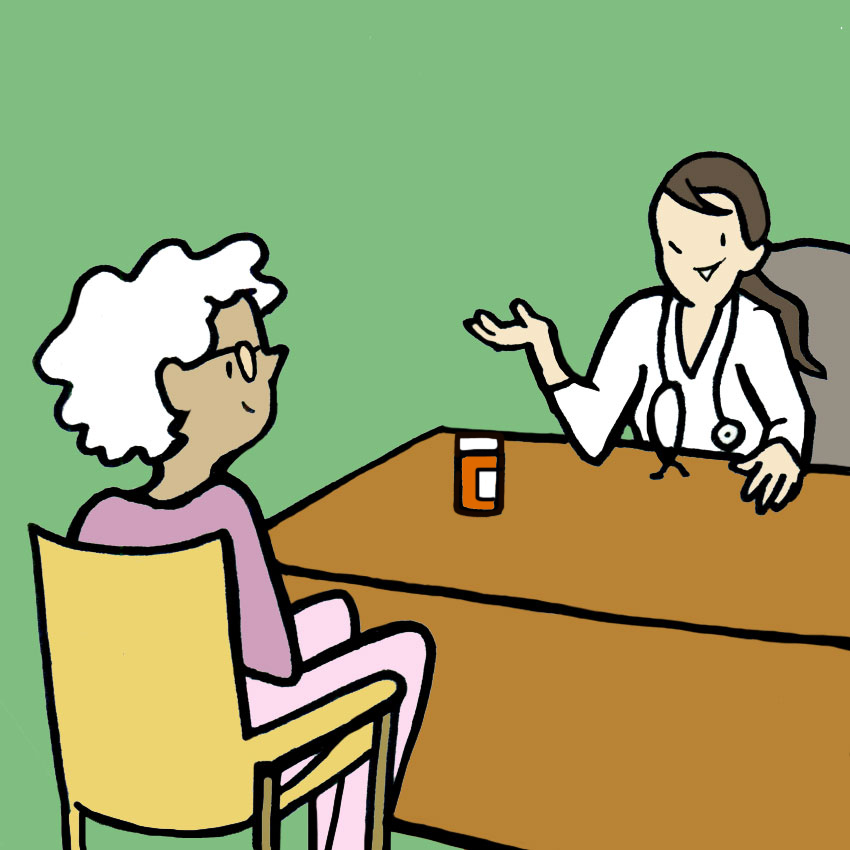
Osteoporosis can sneak up on you, so be sure to get regular bone density tests to make sure everything is OK.
A doctor can also prescribe an osteoporosis medication if needed, and help you find out which one is right for you.
This silent disease is something that affects millions of people each year, so it's important to be properly informed about what it is and how to deal with it.
SHARE this important information with everyone you know!

